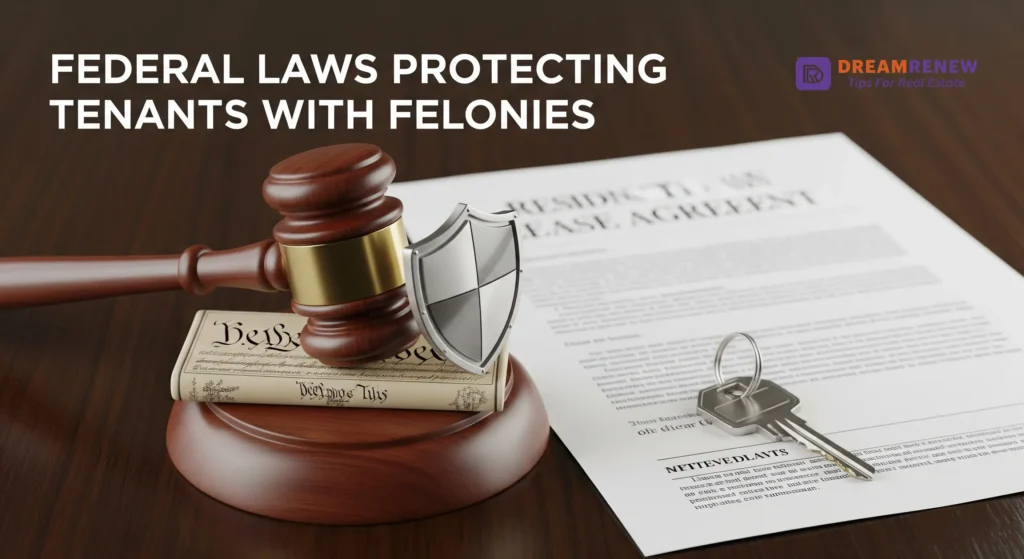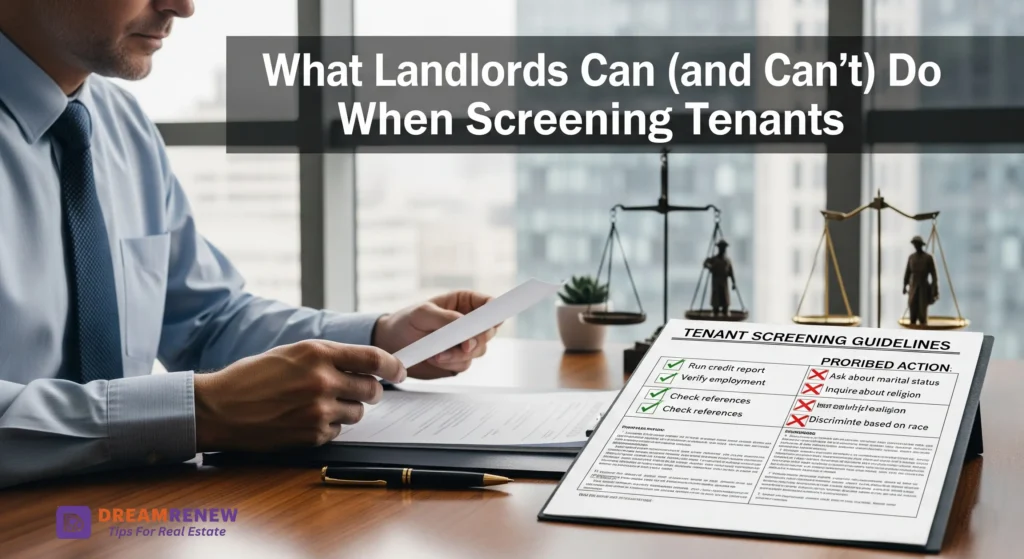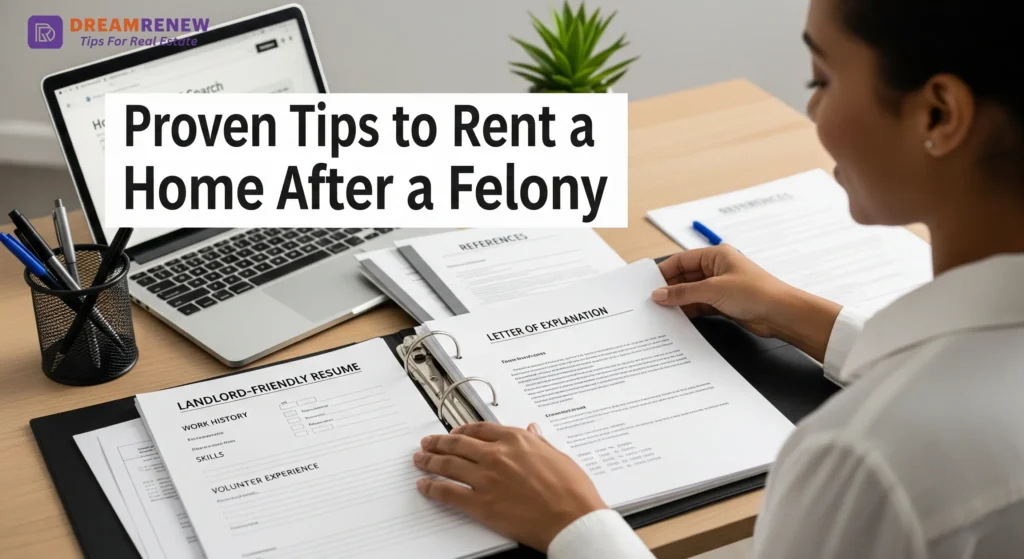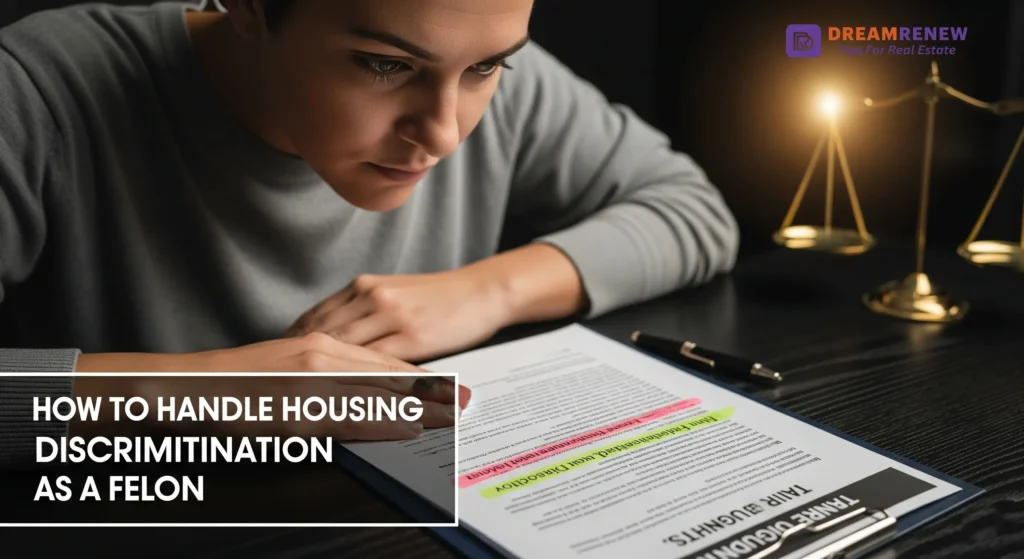Your past should never stop you from having a basic human right, a place to live. For individuals with a felony record, understanding your tenant rights is the key to rebuilding your life. In this article, we’ll dive deep into tenant rights after a felony, explore opportunities, and give you practical strategies to secure housing despite a criminal history.
What Are Tenant Rights for Felons?
Tenant rights refer to the legal protections renters have when leasing a property, including those with a felony record. Landlords and property managers cannot automatically deny you housing just because of your criminal past. Federal and state laws exist to ensure everyone has fair housing opportunities, including ex-offenders.
Does a Felony Automatically Disqualify You from Renting?
No, it doesn’t. While many landlords run background checks, this does not mean you are instantly disqualified. Several states in the U.S. even have regulations limiting how landlords use criminal records to deny housing applications.
Federal Laws Protecting Tenants with Felonies

Learn about federal law regarding protecting tenants from felonies.
Fair Housing Act (FHA)
The FHA prohibits discrimination based on race, color, religion, sex, national origin, familial status, and disability. Although criminal history isn’t explicitly mentioned, housing policies that disproportionately impact certain racial or ethnic groups can be considered discriminatory under the FHA.
HUD Guidelines 2016
In 2016, the U.S. Department of Housing and Urban Development (HUD) issued guidance clarifying that blanket bans on renting to people with criminal records could violate the FHA. Landlords must provide a valid, justifiable reason related to property safety if they reject an applicant based on a felony.
State Laws That Support Tenants with Felonies
Some states have taken extra steps to protect tenants with criminal backgrounds. Examples include:
- California Fair Chance Ordinance
- Illinois Just Housing Amendment
- New York Human Rights Law
These laws restrict landlords from automatically denying applicants based on criminal records and often require an individualized assessment.
What Landlords Can (and Can’t) Do When Screening Tenants

Landlord’s responsibilities before providing any house for rent to a felon
Background Checks Must Be Relevant
Landlords are allowed to perform background checks, but they must ensure that their screening policies are not overly broad or discriminatory.
Case-by-Case Evaluations
HUD strongly encourages landlords to evaluate each applicant individually, considering the nature of the offense, how long ago it occurred, and evidence of rehabilitation.
Your Rights If Denied Housing Due to a Felony
If your rental application is denied because of your felony, you have the right to:
- Request a written explanation for the denial.
- File a complaint with HUD or your local human rights agency if you believe the decision was discriminatory.
- Seek legal advice from a tenant rights attorney to explore further action.
Proven Tips to Rent a Home After a Felony

Here we discuss a few top tips to rent a home after a felony
1. Write a Personal Explanation Letter
Prepare a letter explaining your felony, the rehabilitation steps you’ve taken, and why you’re now a reliable tenant.
2. Focus on Felon-Friendly Rentals
Look for listings that are explicitly open to applicants with criminal records, especially properties owned by private landlords.
3. Gather Personal References
Letters of recommendation from employers, mentors, or parole officers can significantly strengthen your application.
4. Offer a Higher Security Deposit
Demonstrating your commitment through a larger security deposit can persuade landlords to give you a chance.
5. Consider Using a Co-Signer
Having a family member or friend co-sign your lease can boost landlord confidence in your financial responsibility.
Housing Assistance Programs for Ex-Offenders
There are organizations and programs dedicated to helping individuals with felonies find stable housing, including:
- Transitional Housing Programs
- Non-Profit Organizations (e.g., The Fortune Society, Homecoming Project)
- Public Housing Authorities (with specific eligibility criteria)
Common Myths About Renting After a Felony
“I’ll Never Be Able to Rent Again” — FALSE
Many felons successfully find housing after release. It’s about persistence, preparation, and knowing your rights.
“All Felonies Are Treated the Same” — FALSE
The type of felony, how long ago it happened, and what you’ve done since play a major role in your rental prospects.
“Public Housing is Off-Limits for Felons” — FALSE
While certain offenses (like drug trafficking or sexual offenses) may bar eligibility, many public housing authorities consider applications on a case-by-case basis.
How to Handle Housing Discrimination as a Felon

- Stay Calm and Professional
Keep interactions with landlords polite and professional, even if you sense bias.
- Document Everything
Save emails, texts, and any written communications that might serve as evidence of discriminatory practices.
- Report Unlawful Discrimination
Contact HUD or local fair housing agencies to file a complaint if your rights are violated.
Conclusion: A Felony Doesn’t Erase Your Right to Housing
Having a felony on your record is a challenge, but it does not strip away your right to find a safe and stable home. With knowledge of your rights, preparation of supporting documents, and leveraging available assistance programs, you can overcome housing barriers.
Your past doesn’t define your future. You have the legal right to a fresh start.
FAQs About Tenant Rights After a Felony
Are there apartments that don’t run background checks?
It’s rare, but some private landlords are more lenient and might skip background checks.
How can I find felon-friendly rental listings?
Search online communities, ask directly in property listings, and network with local housing organizations.
How long does a felony affect my rental applications?
Typically, felonies older than 7 years are viewed less critically, but this varies by landlord and location.
Can I appeal a rental denial due to a felony?
Yes. You can request a reconsideration, provide additional supporting documents, or file a complaint if discrimination is suspected.




